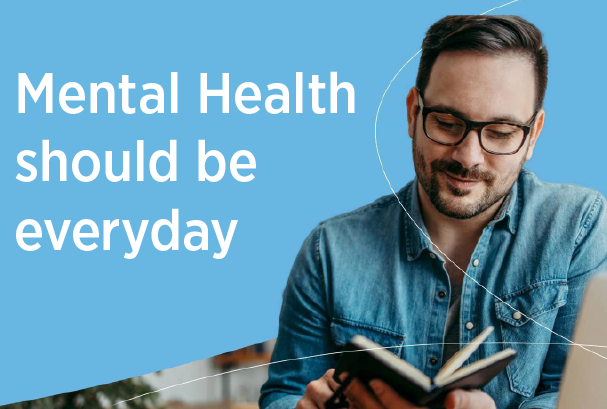
This year is far from normal and businesses are, in my experience, really struggling to fill the gap exposed by the huge changes to the workplace in the last few months.
Mental health encapsulates a broad spectrum of issues, but one pertinent issue for employees is stress; a subject that employers, on the whole, are struggling to approach effectively or consistently. At the last Gallagher HR Director Forum we heard our members talk to four consistent themes:
- Leadership capability in a crisis
- Anxiety, uncertainty and stress of employees
- Resource planning; furlough AND surge recruitment
- Planning for the recovery
At some stage or another, we all endure stressful spells. Research from Gallagher's latest paper found that 3/4 of employees say they felt stressed at some point in the previous year – with a real spike since March, linked directly to Covid19.
Less than one in five employees take time off for stress
And today people really are struggling to manage the work life balance – especially when the two are so intricately woven as they are right now.
Our attitude to stress (and mental health) is telling by the fact that only 1/5th of employees say they have taken time off work to recuperate from stress. Has our culture got to the point where stress is perceived as part and parcel of the modern work environment or do stigmas still exist when it comes to mental health?
If employers don’t have a clear understanding of the potential triggers – and plans in place to help people – good intentions risk turning into mere lip service which lack substance.
Recent statistics from Group Risk Development (GRiD) paint a stark picture of mental health trends in the UK workplace. It illustrates that time off for mental health is the second most common reason why an employee would go on long-term sick leave (after cancer). But as we’ve seen, this only tells half the story.
Risking a more chronic problem
If people are still attending work during periods of stress or mental ill-health they are less likely to get better quicker with the potential that something more straightforward to resolve escalates into a bigger, more chronic problem – something that is not good for the individual, their family or their employer.
Last year, researchers from Harvard and Stanford in the USA published findings that found that stress damaged health as much as second-hand cigarette smoke. The Stevenson Farmer Report:
Thriving at Work paper, published in October 2017, tried to illustrate that good mental health and resilience are fundamental to our physical health and organisational performance.
We are strong advocates of the mantra that prevention is better than a cure and clearly early intervention when it comes to mental ill health and stress would be ideal.
Stigma, Covid19 and the common cold
Stigma does still exist and our research found that less than a third of employees would be happy to discuss time taken off for stress with their colleagues, compared to pretty much everyone who talks about Covid19, symptoms and the common cold! I am still baffled by the whole stigma thing and yet often fall in to the trap of “I’m alright” when asked how I am doing.
Revolution needs to happen through a combination of cultural change and embedding robust policies and processes to guide employees and managers quickly and appropriately to the right support. And, for me, the time is right, right now, to make that revolution happen. We have a once in a generation opportunity to change the way we think about workplace mental health.
Many of our clients recognise the risks around this in terms of their people and their business through mental health audits and better care pathways through early intervention services, but we are still at the infancy stage in terms of widespread adoption.
Ensuring the right action
Ultimately what we all should be driving for is the best possible outcome for anyone affected. This means ensuring the right steps are taken to minimise individual and organisational risk – for example did you know that it is a legal requirement to have as defined stress policy and conduct a stress risk assessment? Don’t worry, not many do!
For organisations and employees, through sustainable relevant and affordable provisions, this should be more about a considered benefits strategy rather than looking simply at spend in isolation.
Mental Health Awareness Week helps us once again shine a light on the importance to employers of stress and mental ill-health and how to best protect and support their employees. Mental health is a sensitive subject for most and needs to be approached in a tactful manner.
We shouldn’t take a flavour of the month approach to mental health, it is a subject that needs addressing throughout the year, not just during prominently signposted awareness weeks. Now more than ever.


